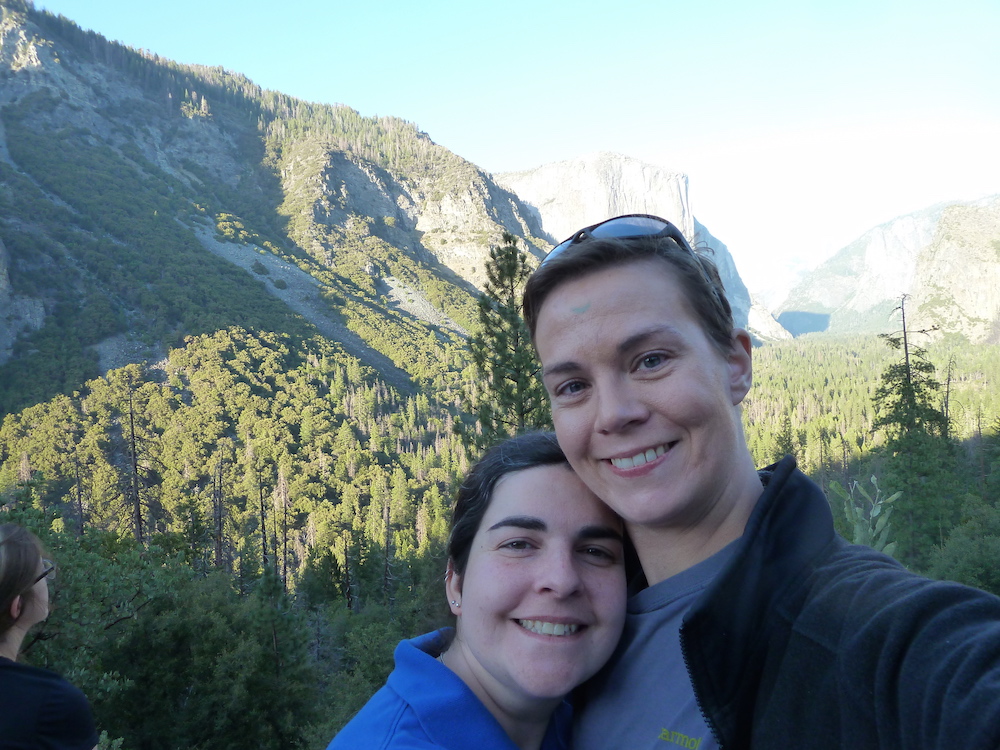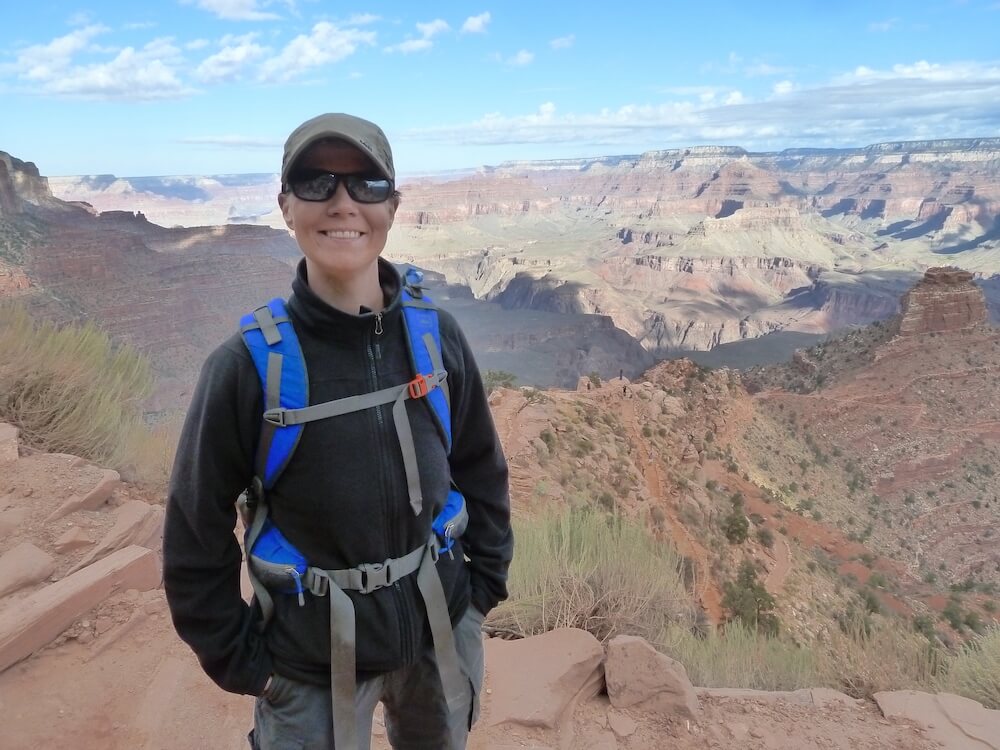In early 2019, Jess Skyleson found herself in a situation she never imagined she’d ever be in: telling a group of people what hope means to her. Less than a year ago, as she waded through her own cancer diagnosis, the idea of hope was the last thing Skyleson wanted to discuss.
In 2018, she was diagnosed with stage IV endometrial cancer and low-grade ovarian cancer. Statistically, her odds of achieving remission were slim, and at the age of 39, Skyleson was forced to confront an uncertain future. She began an aggressive and rigorous treatment plan and recalls initially resenting the concept of hope.
“It would really bother me when people would tell me not to give up hope, because the idea of hope seemed so unrealistic,” Skyleson explains. “I remembered thinking, ‘Hope is not what I need. What I need is practical advice on how to deal with treatment, and day-to-day pain.’”
Eventually, Skyleson figured out exactly how to grapple with the concept of hope — and it was all on her own terms.
A complicated diagnosis

In April 2018, Skyleson began experiencing reoccurring digestive problems, accompanied by frequent headaches and an overall feeling of complete exhaustion and weakness. Initially she ignored her symptoms, thinking she must have come down with the flu. But when things quickly worsened, she decided to seek out an expert.
Cancer initially wasn’t on anybody’s radar, and it took multiple visits and tests for doctors to discover her disease. Originally, Skyleson was diagnosed with a low-grade gynecologic cancer, and doctors believed they could cure her of her disease through a combination of surgery and radiation.
Skyleson was placed under the care of Susana Campos, MD, MPH, an oncologist in the Gynecologic Oncology Program at the Susan F. Smith Center for Women’s Cancers at Dana-Farber/Brigham and Women’s Cancer Center (DF/BWCC). In May 2018, Skyleson underwent a hysterectomy to remove her uterus.
While the surgery was a success, during Skyleson’s post-surgery imaging, Campos made a troubling discovery. The scans showed Skyleson’s cancer had already spread throughout her body. Furthermore, a biopsy of the tumor revealed a combination of high- and low-grade endometrial cancers as well as ovarian cancer. What was originally thought to be a relatively straightforward diagnosis had quickly morphed into something much more advanced and complicated.
“Hearing that news my world changed in an instant,” recalls Skyleson. “I knew the statistics were grim, and I wasn’t sure I’d make it to my next birthday.”
Redefining hope
With this new information, Campos quickly adapted her plan to better fit Skyleson’s situation. Because the cancer had already spread, radiation was no longer an option. Instead, Skyleson would undergo eight rounds of chemotherapy.
Skyleson recalls feeling noticeably better after the completion of each cycle of chemotherapy. It wasn’t long before she started planning “celebratory adventures” to give herself something to look forward to and to take her mind off starting the next upcoming cycle.
Every third week, she’d invite a small group of family and friends to join her on trips throughout her home state of Massachusetts. From visiting Plymouth to enjoying the fall foliage, Skyleson became a tourist in her own state. She credits these trips for not only improving her mood, but also positively shifting her concept of hope.
“I realized hope isn’t just about the future, it’s about finding the joy in life every single day,” says Skyleson. “I shifted my focus back to the present, and I found I had so much to be grateful for.”
In December 2018, Skyleson completed chemotherapy, and since then has enjoyed complete remission — something that was unfathomable to her when she began treatment. Campos says Skyleson’s outcome occurs in roughly five percent of patients, but that new drugs and advancements in research are giving patients like Skyleson more options.

“Thanks to molecular profiling, we knew what we were up against,” adds Campos. “Plus, newly approved immunotherapy drugs are giving patients additional options to combat their disease.”
Sharing her message
Impressed by how Skyleson has handled her journey, Campos invited her to be a patient speaker at Dana-Farber’s Beyond Gynecologic Cancer: Celebrating Survivorship symposium. The event allowed current patients and survivors to share their stories, and for physicians to discuss the recent advancements in patient care. It was there that Skyleson delivered her message about hope, and how the concept shifted for her throughout her treatment.
“Her tale was incredibly beautiful and moving, and there wasn’t a dry eye in the audience by the time she finished,” says Campos. “She has an inner peace to her that is truly powerful, and it was been a joy to work with her.”
Skyleson credits her Buddhist training for helping her to come to terms with everything. She also says she couldn’t have gotten through this journey without the amazing support she’s received from her family and friends, especially her wife Nicole, and her care team at Dana-Farber.
“I’m trying to enjoy the many wonders and joys around me,” adds Skyleson. “I don’t know what will happen, but I do know hope is not about the future. Hope is right now. Hope is every day.”

Jess, you have me crying again. Deepest love and respect.
Encouraging article, thank you! Is there a link where I can listen to this symposium and hear the speakers and Doctors?
Moving story. Please forgive, but was genetic testing done? I did not see it in the article, and wasn’t sure if it was an oversight or omitted on purpose, which is understandable.
Dave Dubin
Lynch Syndrome survivor
founder, AliveAndKickn.org